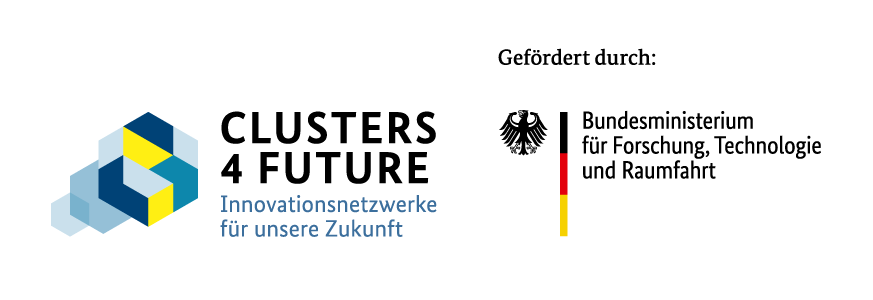The current macroeconomic evaluation procedures (e.g. standardized evaluation of public transport infrastructure projects, BVWP evaluation procedures) focus predominantly on
These procedures are thus based on a "predict and provide" regime: an infrastructure project is justified by the fact that it can handle the predicted traffic flows in proportion to the costs of project implementation. In MCube, however, we want to shape mobility and spaces. We therefore think further than simply aligning the infrastructure with exogenously determined traffic growth. This gives infrastructure projects a new meaning: their justification is based on a target image ("decide and provide" or "design and provide"), not a traffic forecast.
In BeneVit, we are therefore developing a process to support decision-making and provide a basis for information
The innovative aspect of our method is, firstly, that we look at packages of push and pull measures. Secondly, we try to evaluate the specific contribution to objectives in the metropolitan region by means of a degree of target achievement.
In this way, the most effective and sensible packages of measures for a metropolitan region in relation to their costs can be determined.
We have developed a method proposal for this. We are currently in the process of developing the calculation rules for the indicators. These are being tested iteratively in a case study in the Munich metropolitan region. We are confident that we will be able to report initial results in the second half of the year.
Where to put cars, bicycles and e-scooters - and how do we organize parking space fairly, efficiently and sustainably?
How can mobility data and simulations make cities more liveable - and make change visible and tangible?
The MCube Consulting study shows how the Olympic Games could have a sustainable impact on Munich in terms of sport, society and the environment - something that has already been picked up on by many media outlets.
Munich is considering an Olympic bid - our study shows what opportunities and challenges the Games could bring for the economy, environment and society.
How do we want to move tomorrow? This question was the focus of the Citizens Lab at Marienplatz for six days.
The visual utopian Jan Kamensky presented his latest vision in cooperation with the Munich S-Bahn.
Carolin Zimmer from the Chair of Settlement Structure and Transport Planning and Sebastian Preiß from the Hans Sauer Foundation explain in an interview what the project has achieved and what makes it special.
Major award for a strong team: MCube Consulting receives the Innovation Award of the City of Munich - for a solution that reduces administrative workload, improves security and shows how research enables real change.
If Munich bids for the Olympics again, it will not do so arbitrarily - but with vision, attitude and a clear plan.
MCube had its own stand at the trade fair and brought together over 100 mobility pioneers at the "Bridging City Innovation Ecosystems" event above the rooftops of Barcelona.
No results available

What is MOSAIQ?
Imagine something: There is more space for people. The streets have more trees and plants. Everyone can get around better. That's how your Schwabing-West district could be in the future. How would you like your district to be? We want to talk to you about it!
The project is called MOSAIQ. MOSAIQ is a research∙project. MOSAIQ means: Mobility and urban climate in the future city∙part. The Technical University of Munich is leading the project.
What is MOSAIQ about?
MOSAIQ wants to make the streets in the city∙part more beautiful. People should feel comfortable there. There should be more space. For meetings and plants, for example. You can help decide what is tried out in the Stadt∙teil. The ideas come from you. Some ideas will be tried out on the streets for a certain period of time.
The aim of MOSAIQ is to make urban districts good places to live.
At the same time, the climate in the city should improve. And people should be able to move around the city easily.
What is happening in the district?